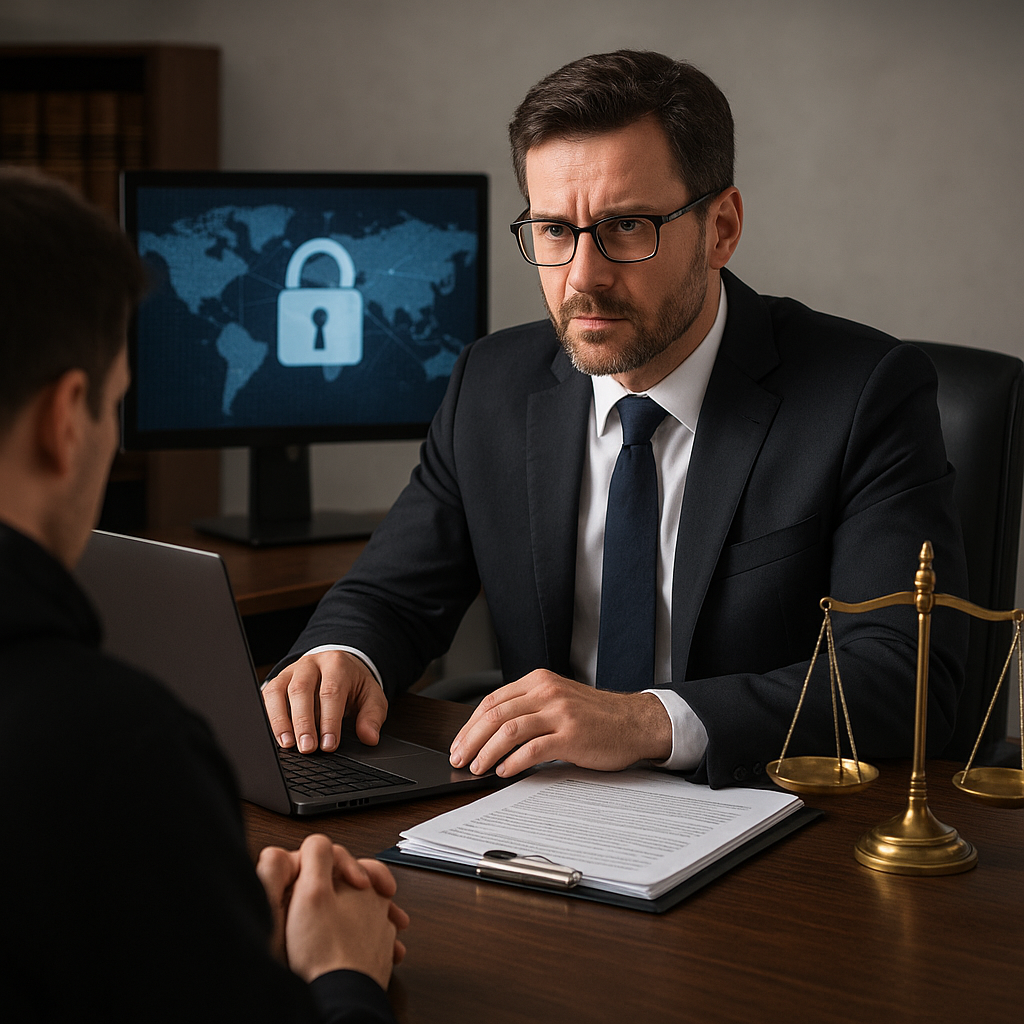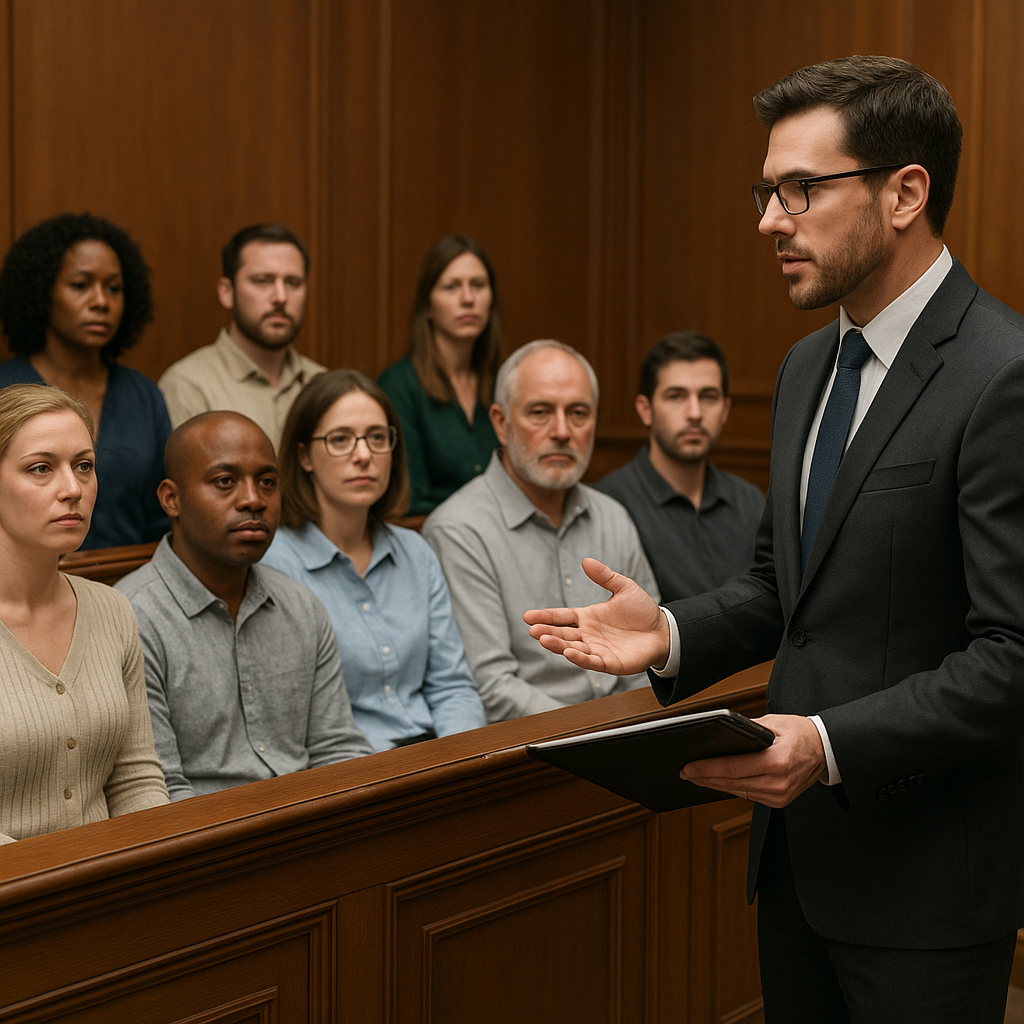The rise of sophisticated hacking tools and the global reach of the internet have transformed the practice of criminal law. Defense attorneys specializing in technology-related offenses must navigate a maze of statutes, technical jargon, and evolving investigative methods. Successfully defending a client accused of illicit online activity requires a blend of legal acumen, technical insight, and strategic planning. This article explores key facets of representing individuals in high-stakes digital cases, revealing how defenders craft persuasive arguments, challenge digital proof, and safeguard fundamental rights.
Understanding Cybercrime Allegations
Before mounting a defense, attorneys must thoroughly dissect the allegations. Prosecutors often charge clients under statutes addressing unauthorized access, data theft, or interference with computer networks. Each allegation carries distinct elements that the defense can challenge. For instance, unlawful entry into a secured system demands proof of intent and knowledge of restricted access, while data exfiltration charges hinge on demonstrating that the accused knowingly removed protected information.
Key considerations in early case assessment include:
- Chain of custody for digital artifacts and logs
- Server location and applicable jurisdiction
- Compliance with search and seizure rules under constitutional safeguards
- The reliability of automated intrusion detection systems
Determining whether law enforcement adhered to proper warrant procedures is critical. Any deviation can render seized material inadmissible, undermining the prosecution’s entire case. A deft attorney will scrutinize warrant language, supporting affidavits, and execution reports to expose overbroad or poorly supported requests.
Building a Robust Defense Strategy
A tailored strategy combines legal theory with a deep dive into technical evidence. Defense counsel often pursue multiple avenues simultaneously:
- Challenging forensic methods used to collect data
- Questioning witness credibility regarding digital processes
- Offering alternative explanations for suspicious network activity
- Exploiting gaps in the chain of custody
Effective defense plans are dynamic. As new evidence emerges, attorneys must pivot, either reinforcing existing arguments or exploring fresh legal theories. Maintaining open communication with clients ensures that all relevant facts are surfaced early, granting the defense maximum time to investigate and respond.
Investigative Techniques in Cybercrime Defense
Defense teams deploy robust investigative tools to counter the prosecution’s claims. Certified specialists perform independent forensic analyses, often uncovering discrepancies in reports or identifying overlooked data. Techniques include:
- Disk imaging and hash validation to confirm file integrity
- Log examination to verify timestamps and event sequences
- Network traffic reconstruction to challenge alleged intrusion patterns
- Metadata analysis to detect tampering or fabrication
By meticulously examining the original media, attorneys can contest the accuracy of seized evidence and highlight procedural missteps. A successful challenge to even a single piece of key evidence may force the court to suppress large volumes of related data, drastically weakening the government’s position.
Collaborating with Technical Experts
Interpretation of complex data streams demands seasoned analysts. Engaging qualified expert witnesses enhances credibility and clarifies intricate matters for judges and jurors. Experts may testify on:
- Encryption standards and how misconfiguration might lead to misinterpretation
- Network architectures, illustrating alternate paths of intrusion
- Privacy implications of mass data collection tools
- Standards for digital forensics and adherence to best practices
Preparing an expert for cross-examination is as critical as their initial testimony. Attorneys coach witnesses on distilling jargon into understandable terms and on maintaining composure under aggressive questioning. A compelling expert can dismantle the prosecution’s narrative, casting doubt on every step of the government’s technical inquiry.
Addressing Encryption, Privacy, and Compliance
Modern cases increasingly hinge on debates over encryption and individual privacy rights. Defense lawyers argue that forcing clients to decrypt devices violates constitutional protections against self-incrimination. They rely on precedent to shield privileged data and push back against sweeping government demands.
Simultaneously, enterprises under investigation face regulatory obligations. Counsel must advise on corporate compliance measures, ensuring that client review processes preserve privileged communications while producing relevant materials. Navigating the intersection of criminal defense and administrative requirements demands proactive coordination with in-house counsel and outside auditors.
Legal Challenges and Courtroom Tactics
Trials in cybercrime matters present unique courtroom dynamics. To secure an acquittal or favorable plea, attorneys might employ:
- Motion practice to exclude unlawfully obtained digital records
- Daubert challenges to disqualify unqualified forensic examiners
- Adverse inference arguments when the government fails to preserve critical logs
- Settlement negotiations aimed at minimizing exposure without risking a full trial
In jury selection, voir dire focuses on uncovering preconceptions about hackers, privacy, and law enforcement technology. Counsel educate potential jurors on the nuances of digital investigations to prevent bias. During opening statements and cross-examination, attorneys use simplified diagrams and analogies to keep laypersons engaged and skeptical of overreaching assertions.
Ongoing Developments and Future Directions
The legal landscape for cybercrime continues to evolve, driven by legislative reforms and emerging technologies. Defense practitioners monitor shifting standards on data retention, international evidence-sharing treaties, and proposed laws targeting cryptocurrency transactions. Remaining at the forefront of this specialty means participating in professional seminars, contributing to legal scholarship, and forging relationships with technologists who pioneer new investigative tools.
In this high-stakes environment, successful defense hinges on a holistic approach that integrates legal strategy, technological understanding, and advocacy skills. By blending these elements, attorneys can protect their clients’ rights, challenge flawed processes, and adapt to each novel hurdle presented by the digital frontier.




